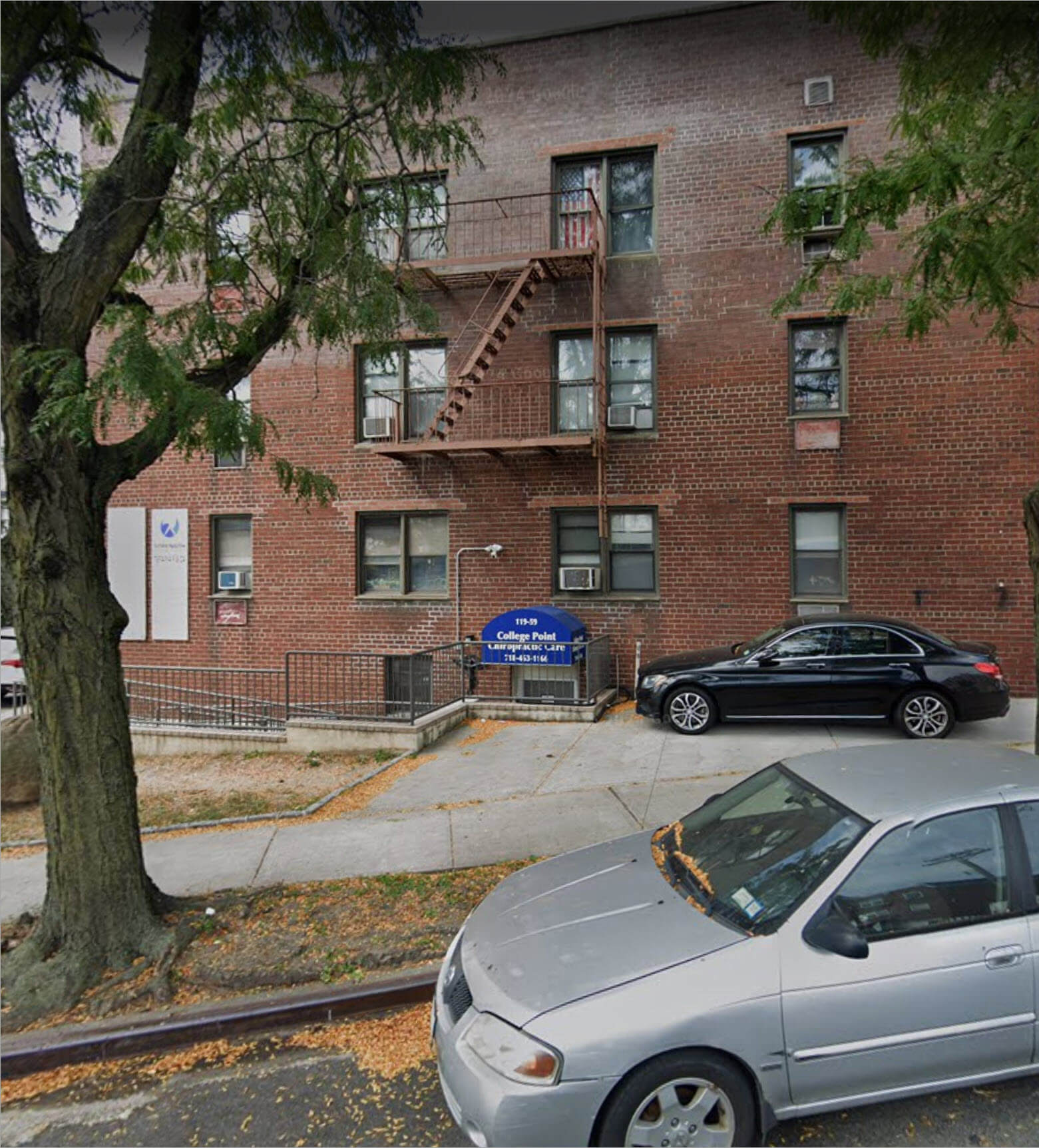
Navigating the aftermath of a car accident can be overwhelming, especially when dealing with injuries and vehicle damages. No-fault auto insurance, however, offers a layer of financial protection that can simplify the process and provide immediate relief. This type of insurance coverage is designed to minimize the need for legal disputes over fault, ensuring that all parties involved receive prompt medical attention and compensation for lost wages, regardless of who caused the accident. Here’s a detailed look at how no-fault auto insurance works and why it’s a crucial asset for drivers.
What is No-Fault Auto Insurance?
No-fault auto insurance, also known as Personal Injury Protection (PIP), is a type of insurance coverage required in several states. It allows policyholders to file claims for their injuries with their own insurance company, regardless of who caused the accident. This approach is intended to speed up the compensation process by avoiding lengthy and often costly fault determinations in court.

Key Benefits of No-Fault Insurance
While no-fault auto insurance covers your own injuries regardless of who is at fault, comprehensive accident insurance may also cover vehicle damages and other losses, expanding your financial protection after a collision
1. Quick Access to Medical Treatment:
No-fault insurance ensures that medical expenses are covered quickly after an accident. This immediate coverage helps accident victims receive necessary medical care without delays, promoting quicker recoveries and reducing the overall impact of injuries.
2. Coverage of Economic Losses:
Besides medical expenses, no-fault insurance typically covers a portion of lost wages if injuries prevent the insured from working. Some policies may also cover other out-of-pocket expenses related to injuries, such as transportation to medical facilities or the cost of hiring help for daily tasks.
3. Reduced Legal Costs:
By eliminating the need to prove fault, no-fault insurance helps reduce legal and administrative costs associated with car accidents. This not only speeds up the compensation process but also reduces the expenses that insurance companies might otherwise pass on to policyholders.

Limitations and Considerations
While no-fault insurance provides essential benefits, it also comes with certain limitations:
1. Non-Coverage of Vehicle Damages:
No-fault insurance does not cover vehicle damages; these are typically covered under collision or comprehensive insurance. Policyholders must file a separate claim to repair or replace their damaged vehicles.
2. Restrictions on Suing:
No-fault laws generally restrict the right to sue other drivers for additional compensation unless certain thresholds are met. These thresholds may relate to the severity of the injuries or the total amount of medical expenses incurred.
3. Variations by State:
The specifics of no-fault insurance can vary significantly by state. Some states have higher coverage limits and more comprehensive benefits, while others may offer more restrictive terms. It’s important for drivers to understand the details of their state’s regulations and how they apply to their individual insurance policies.
How Injury Docs Now Can Help
Understanding the intricacies of no-fault auto insurance can be challenging for those involved in car accidents.
No-fault auto insurance plays a pivotal role in ensuring that individuals involved in car accidents receive the necessary support without the hassle of determining fault. This type of insurance facilitates a smoother recovery process by covering immediate medical expenses and lost wages, thereby reducing financial stress and allowing you to focus on healing. However, navigating the specifics of no-fault insurance and understanding how it applies to your situation can be complex.
Visit Injury Docs Now to access expert help and ensure you utilize every benefit available under your no-fault auto insurance policy. Take charge of your recovery journey today by leveraging the comprehensive support offered by Injury Docs Now.
Visit Injury Docs Now today to find the right doctor and get the care and support you need for both your recovery and legal success.









































